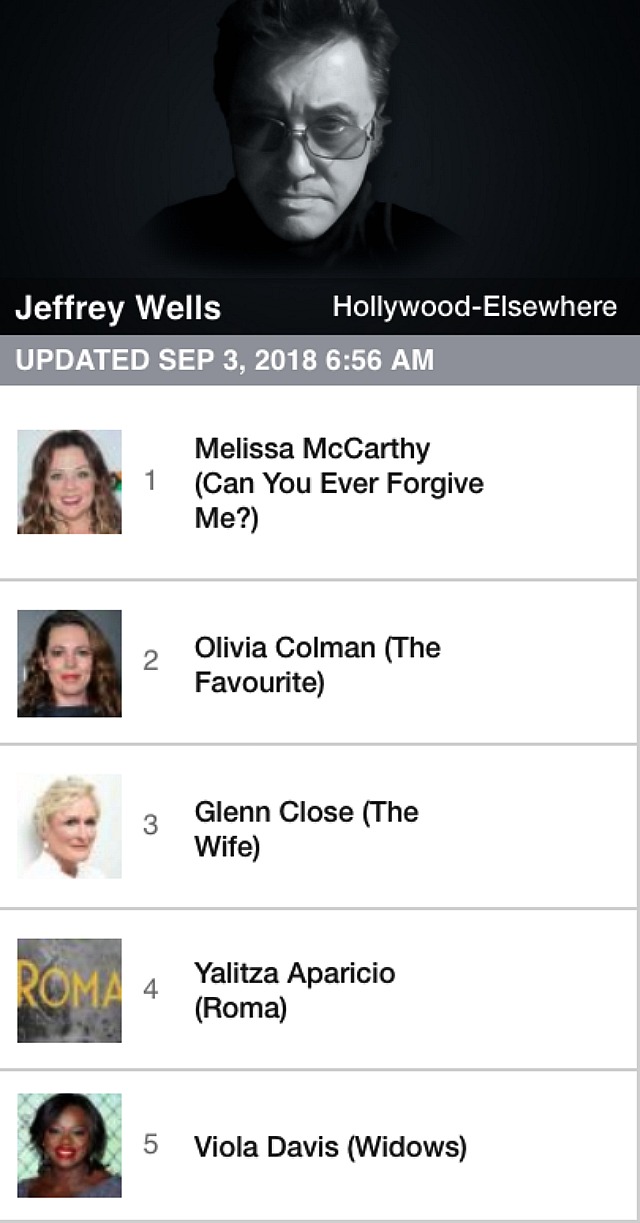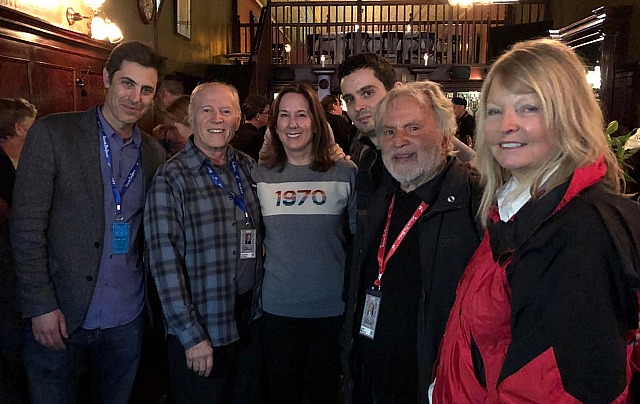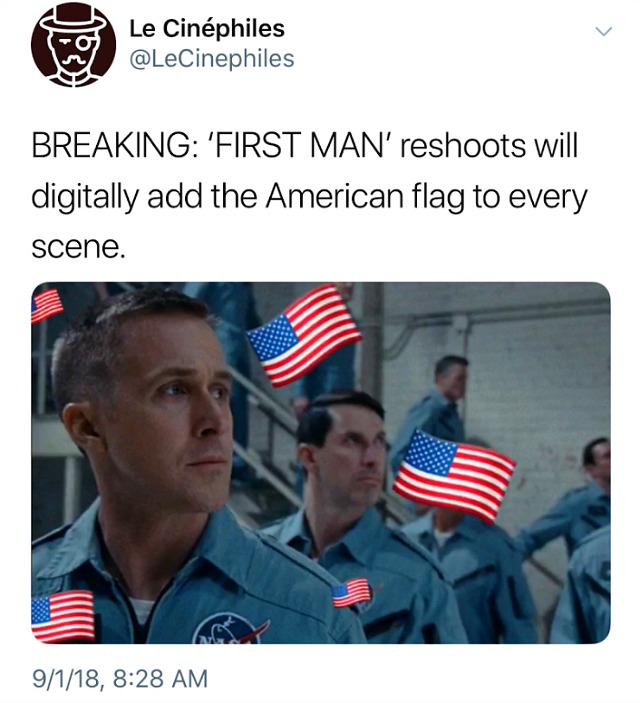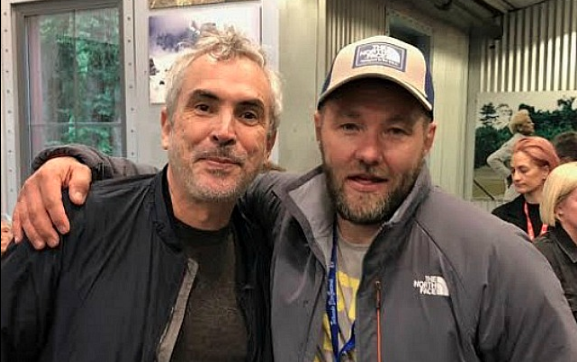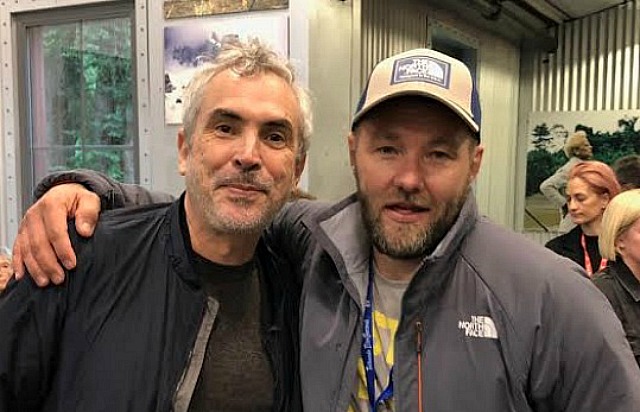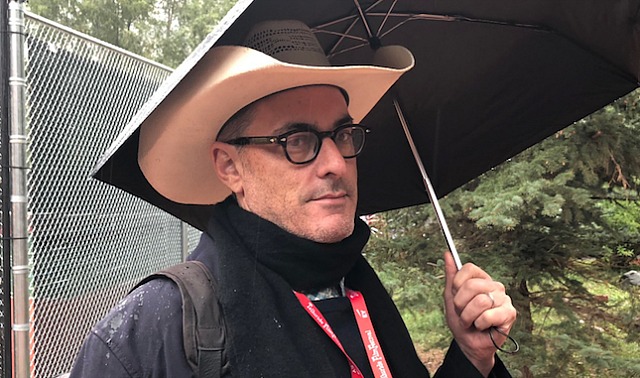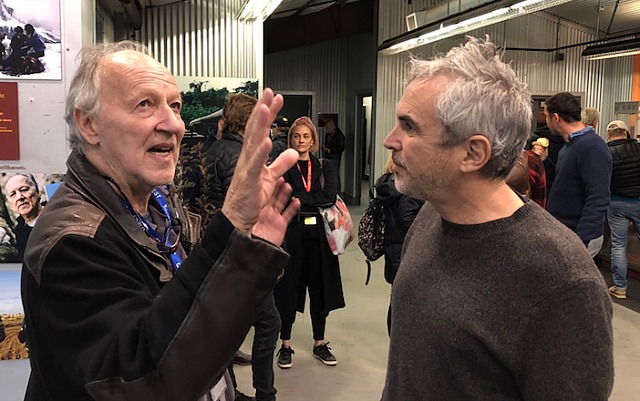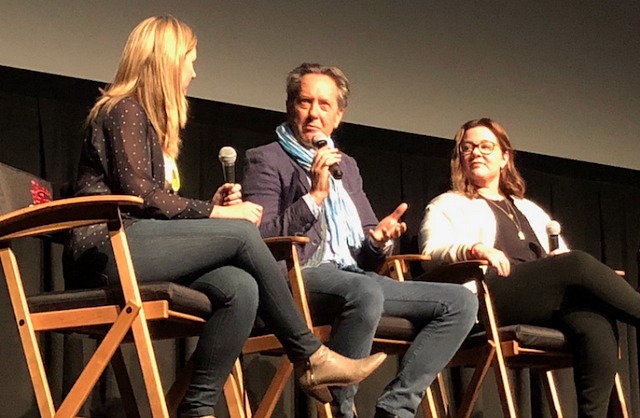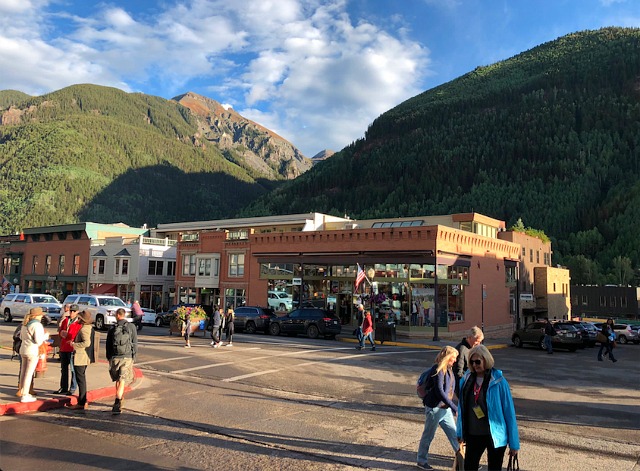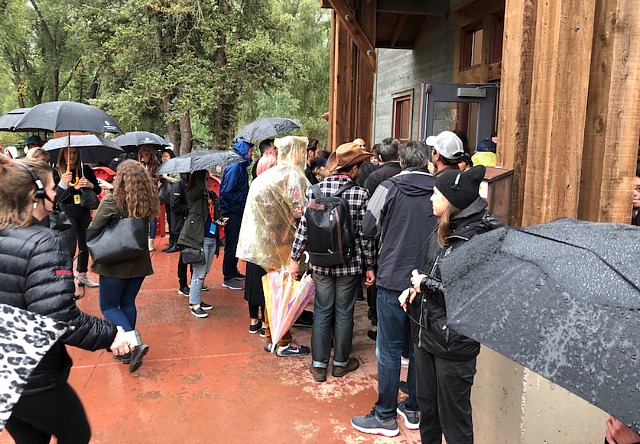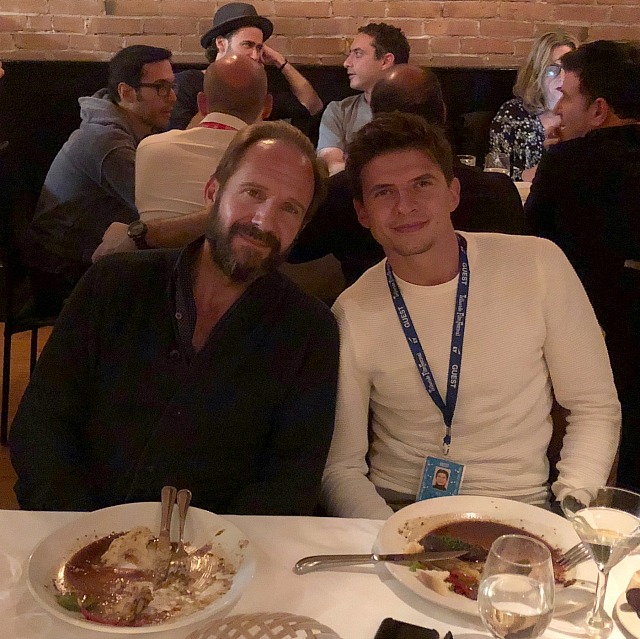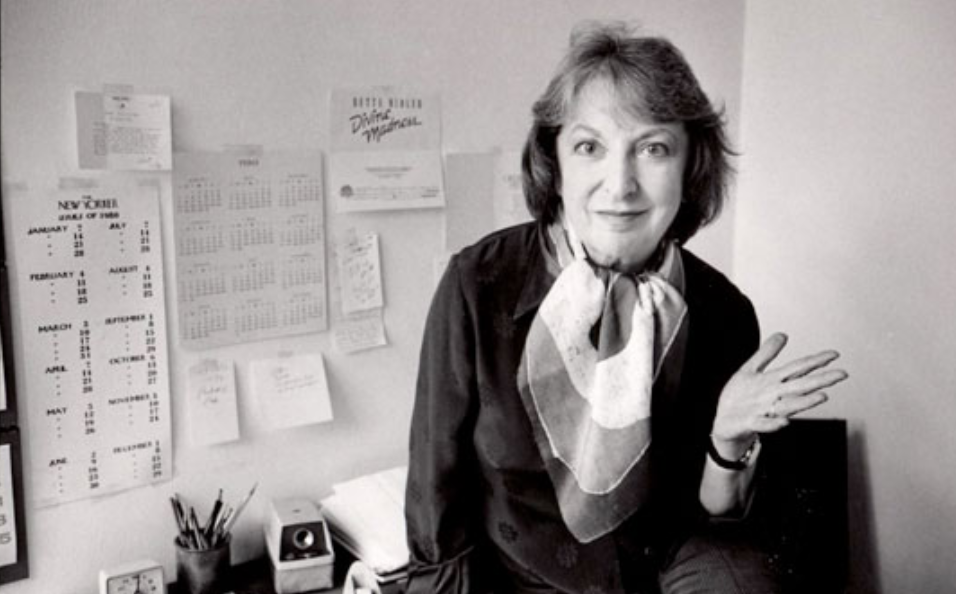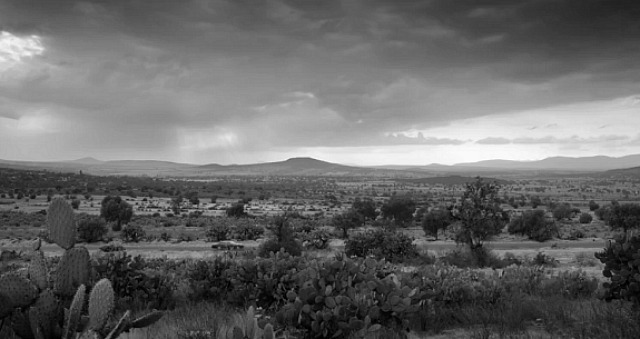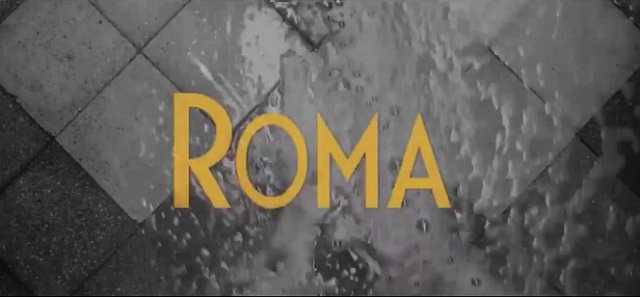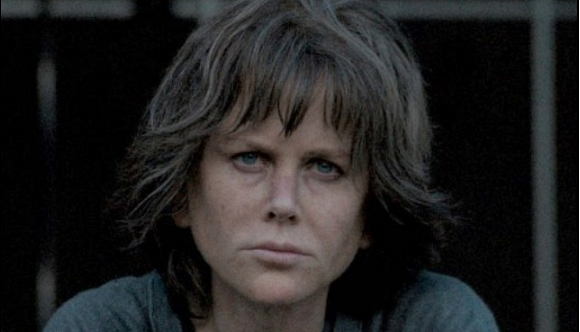I’ve been in but mostly out on director Karyn Kusama — loved Girlfight, hated Aeon Flux, loathed Jennifer’s Body but found The Invitation a truly fascinating creepout. The latter is why I caught her latest, Destroyer, early this afternoon.
I felt three ways about it. One, I respected Kusama’s intention to out-badass every other badass rogue cop flick ever made. Two, I hated watching it. And three, for over an hour I was filled with self-loathing for being too chicken to leave.
It’s a complex L.A. crime tale about Erin Bell (Nicole Kidman), a wasted, walking-dead Los Angeles detective trying to settle some bad business and save her daughter from a life of crime and misery. It unfolds through a complex, pain-in-the-ass flashback structure, and is punctuated by all kinds of nihilistic, hard-boiled behavior by the mostly criminal flotsam characters.
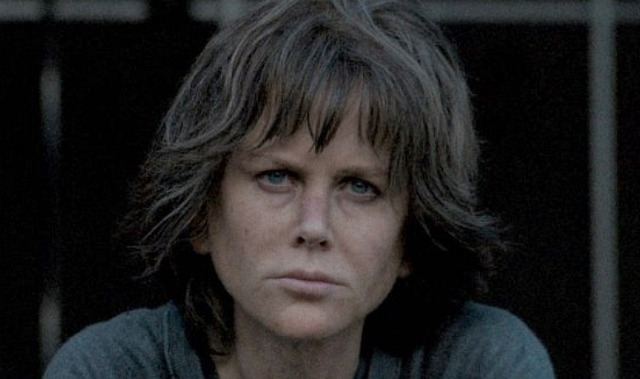
Nicole Kidman as Detective Erin Bell in
Destroyer.
Destroyer has guns, uniformed cops, blood, a scene in the Westwood Federal building cafeteria, purple ink, ugly asshole criminals with sickening haircuts, drugs, a handjob given to a dying criminal slob, a bank shootout, blah blah. Everything in this well-made if godforsaken film is scuzzy. Everyone and everything is covered in the stuff. Even I felt scuzzed out from my seat in the tenth row of the Herzog. Scuzzed and miserable.
Inner dialogue: “I’m in a beautiful Rocky Mountain town, surrounded on all sides by hotshot Hollywood types and cool rich people, and I’m in hell.”
30 minutes after it began I was going “oh, God, help me.” At the one-hour mark I had decided that stepping over six or seven persons sitting to my right would be too awkward, and at the same time a contrary voice was telling me “don’t do it, Jeff…tough it out.” At the 90-minute mark I was thinking “maybe if I take a short nap I’ll feel better when I awake and will enjoy the film a tiny bit more.” Then I decided “fuck it” and exited past two people to my left. I ducked out under the hanging velour curtain…freedom!
The movie is mostly about the way Kidman looks in this thing, like a combination vampire-zombie with dark eye bags and a complexion that suggests a heroin habit mixed with twice-daily injections of embalming fluid. Plus a Desolation Row, gray-streaked hair style.
Kidman and Kusama are saying “have you ever seen such a badass, hardass undercover female cop in your moviegoing life? Even in a zombie movie?” HE answer: No, I’ve never seen a cop character who looks this wasted, this dead-to-the-world, this gutted, this excavated, this George Romero, this Bela Lugosi-ish. Hats off!
Every Destroyer actor gives the kind of performance that makes you feel like your soul is draining out of the hourglass…Kidman, Sebastian Stan, Tatiana Maslany, Bradley Whitford, Toby Kebbell, Scoot McNairy and Jade Pettyjohn. Hats off to them all.


